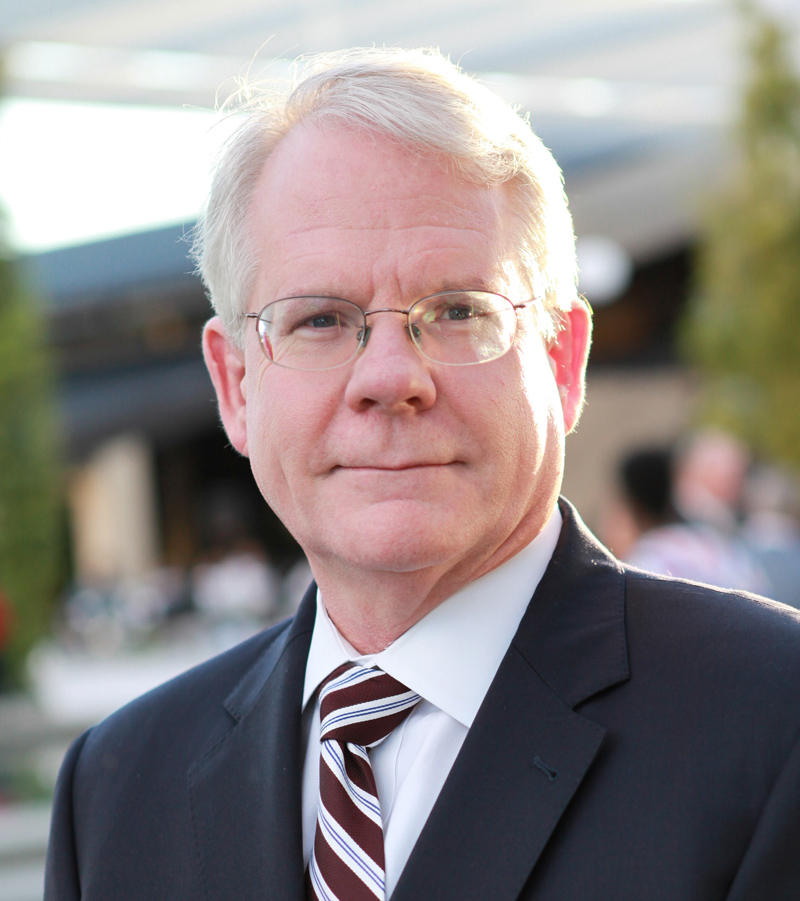
Dr. Bruce Novak
Six tenure-track faculty members have joined the School of Natural Sciences and Mathematics at UT Dallas this year, including a planet hunter, mathematicians and biostatisticians, and an earth imaging expert.
“The School of Natural Sciences and Mathematics continues to attract faculty who are engaged in interesting and impactful research, from making discoveries about the natural world to gaining insights that affect human health, technological innovation and the global economy,” said Dr. Bruce Novak, dean of the school and Distinguished Chair in Natural Sciences and Mathematics.
“Our latest additions not only add to UT Dallas’ research strengths in STEM fields, but they also are deeply committed to teaching and challenging our students in thought-provoking and practical experiences, both in the classroom and the laboratory.”
The School of Natural Sciences and Mathematics comprises six departments: biological sciences, chemistry and biochemistry, geosciences, mathematical sciences, physics, and science and math education.
New Tenure-Track Faculty
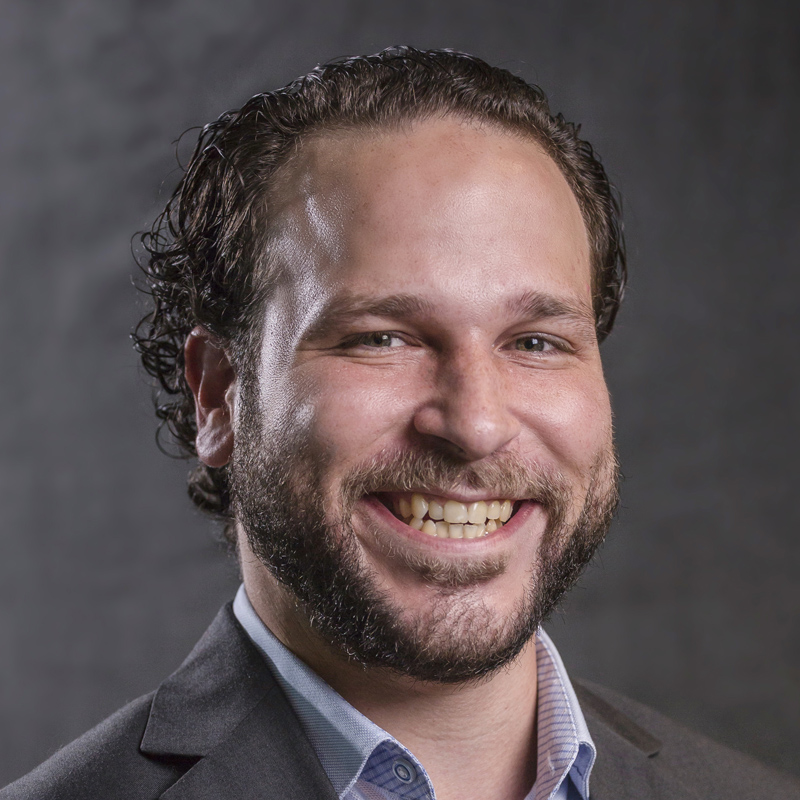
Dr. Carlos Arreche
Dr. Carlos Arreche, assistant professor of mathematical sciences
Previously: postdoctoral fellow, North Carolina State University
Research interests: algebraic theory of differential equations and difference equations, symbolic computation
Quote: “Functions defined by systems of differential equations and difference equations are a principal focus of study in many areas of math and physics. Understanding the algebraic properties of these functions is essential in many of their physical and mathematical applications. Much of my work is devoted to developing algorithms that can discover these properties automatically. UT Dallas is a top-tier research institution that is experiencing tremendous growth. Being part of this growth is exciting because it gives me an opportunity to have an impact on research and the future direction of my department. At the same time, the University is focused on excellent teaching, which is also immensely important to me.”
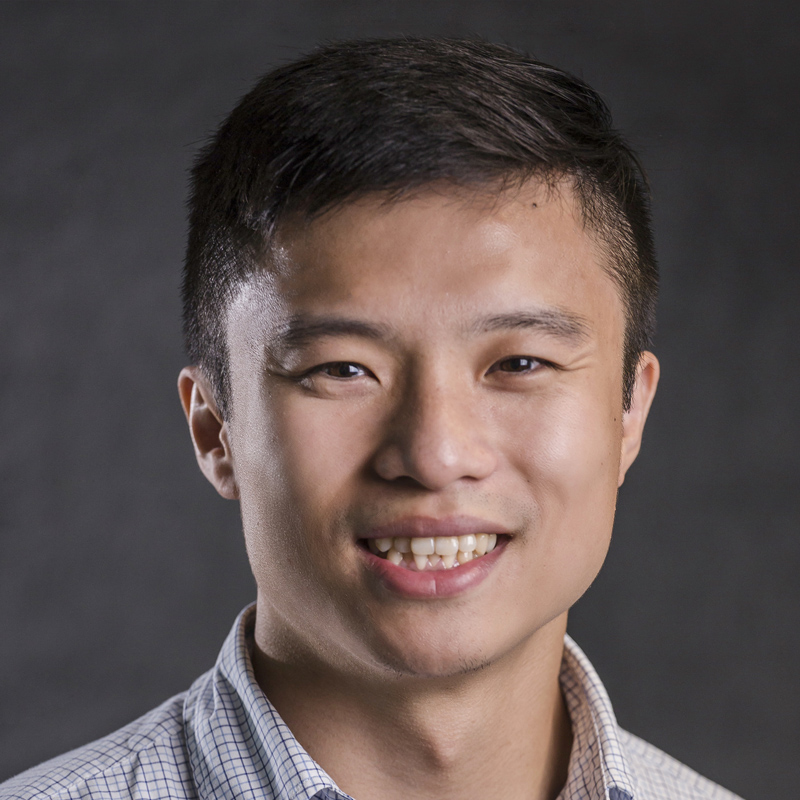
Dr. Sy Han “Steven” Chiou
Dr. Sy Han “Steven” Chiou, assistant professor of mathematical sciences
Previously: postdoctoral research fellow, Harvard T.H. Chan School of Public Health, Harvard University
Research interests: survival analysis; biostatistics; statistical computing; applications to neurology, public health and the environment
Quote: “I am interested in many aspects of survival analysis, which deals with time to events, such as time to recovery, time to relapse, or even time to death. Ordinary statistical methods might not effectively handle incomplete survival observations, so I am developing new methods for handling complicated survival data. I also apply my methods to medical applications, such as identifying risk factors for organ transplant patients to experience multiple infections. One of the reasons why I chose to come to UT Dallas is because of the ample collaboration opportunities within the University and with UT Southwestern Medical Center, and I would love to be part of this research community.”
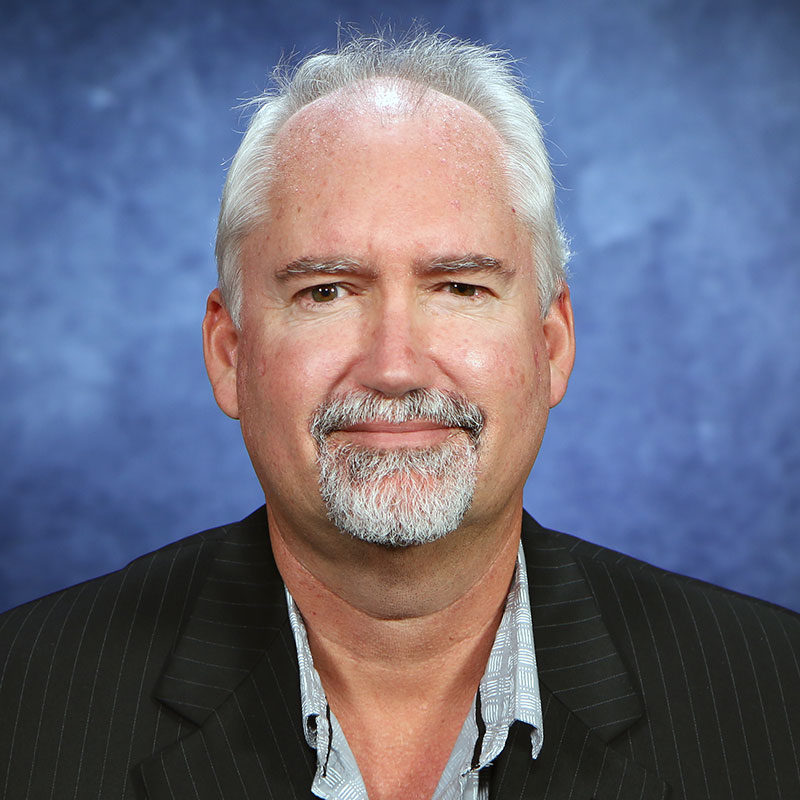
Dr. David Lumley
Dr. David Lumley, professor and Green Chair in Geophysics; director, Center for Lithospheric Studies
Previously: professor and chair of geophysics, and director of the Centre for Energy Geoscience, University of Western Australia
Research interests: wave-theoretic seismology; 3-D imaging and 4-D time-lapse monitoring; subsurface energy resources and fluid flow; carbon dioxide storage; natural and manmade earthquake seismicity
Quote: “My research focuses on time-lapse 4-D seismic monitoring. We make high-resolution 3-D images of changes in the Earth’s subsurface over time. Many of those changes are related to fluid flow in the Earth, including movement of oil, natural gas, carbon dioxide and water. My recent projects include monitoring carbon sequestration, which is a method to reduce carbon dioxide emissions by capturing manmade CO2 and injecting it deep into the Earth, thus accelerating the natural carbon cycle. This process can also be used to increase the amount of oil recovered from hydrocarbon reservoirs. I was fortunate to know Texas Instruments founder Cecil Green personally, so it’s a great honor for me to be the new Green Chair in Geophysics at UT Dallas.”
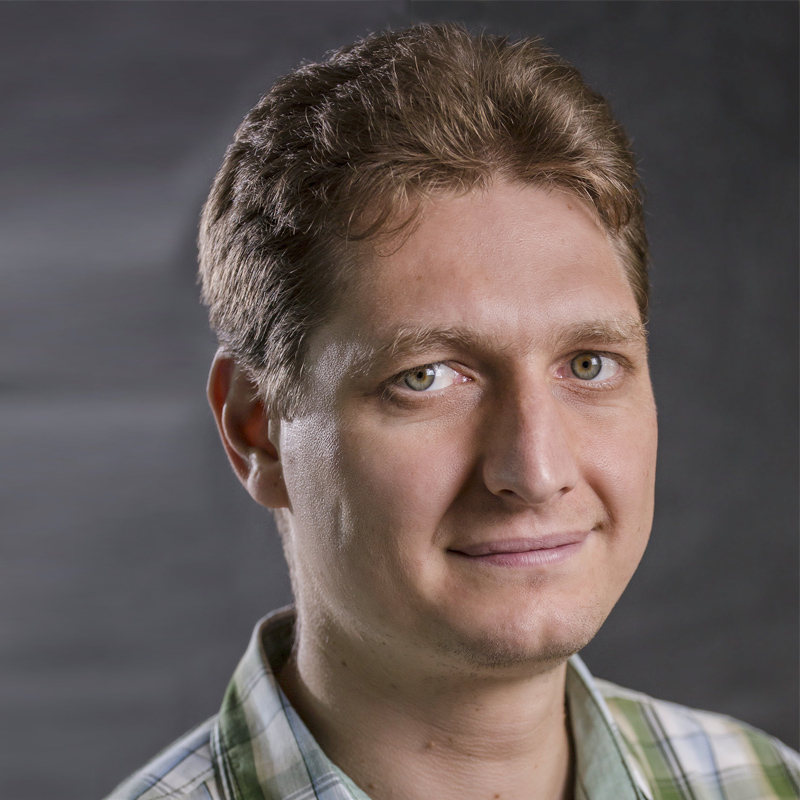
Dr. Kaloyan Penev
Dr. Kaloyan Penev, assistant professor of physics
Previously: associate research scholar, Princeton University
Research interests: extrasolar planet detection and orbital dynamics; high-precision photometry from space and ground; use of small robotic telescopes to search for transiting extrasolar planets
Quote: “Part of my research is looking for exoplanets — planets outside our solar system — using small ground-based telescopes that employ fairly ordinary camera lenses and small telescopes. We are looking for transits, which is when a planet passes in front of its star, blocking part of the light. With good software, even such modest equipment is sufficient for finding planets. I am part of a collaboration with observatories all over the world, with telescopes in Hawaii, Arizona, South America, Africa and Australia. We compensate for the small probability that a planet transits its star from our vantage point by having a large field of view, thus surveying hundreds of thousands to millions of stars simultaneously.”
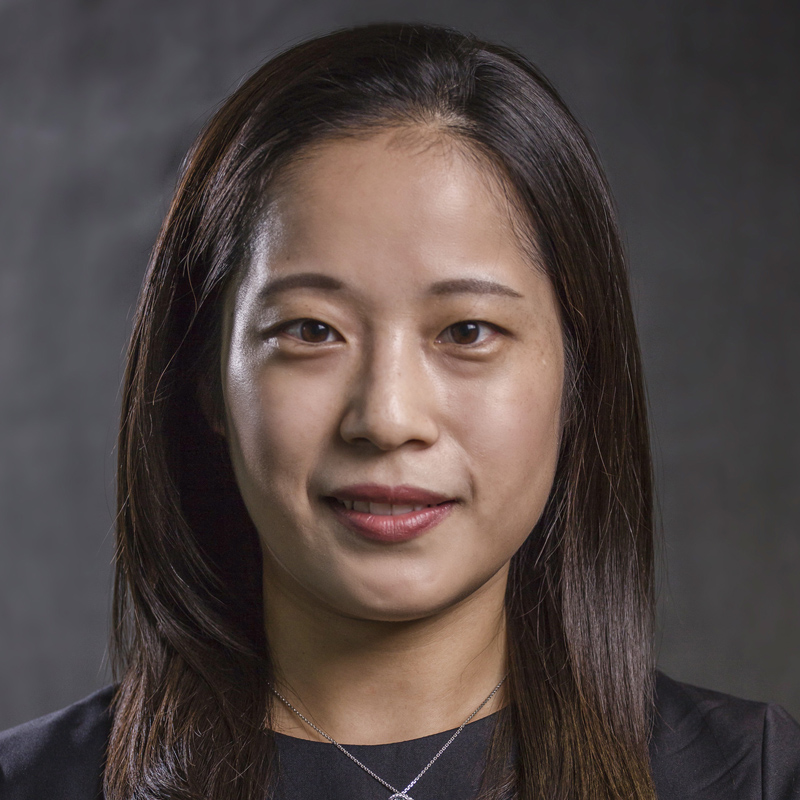
Dr. Sunyoung Shin
Dr. Sunyoung Shin, assistant professor of mathematical sciences
Previously: postdoctoral research associate, University of Wisconsin-Madison
Research interests: statistical machine learning, high-dimensional data analysis, model selection, statistical and computational genomics, and bioinformatics
Quote: “With advances in technology, tons of genomic data have been produced at the scale of gigabytes or terabytes. My research focuses on developing statistical methods to analyze and integrate big genomic data. It aims to elucidate key genomic features and identify disease-causing genetic variants. UT Dallas has been rapidly growing and expanding, and it provides a supportive environment for research. The faculty are engaged in diverse research areas, and several research institutions are in this region. Being here is an exciting opportunity to interact and collaborate.”
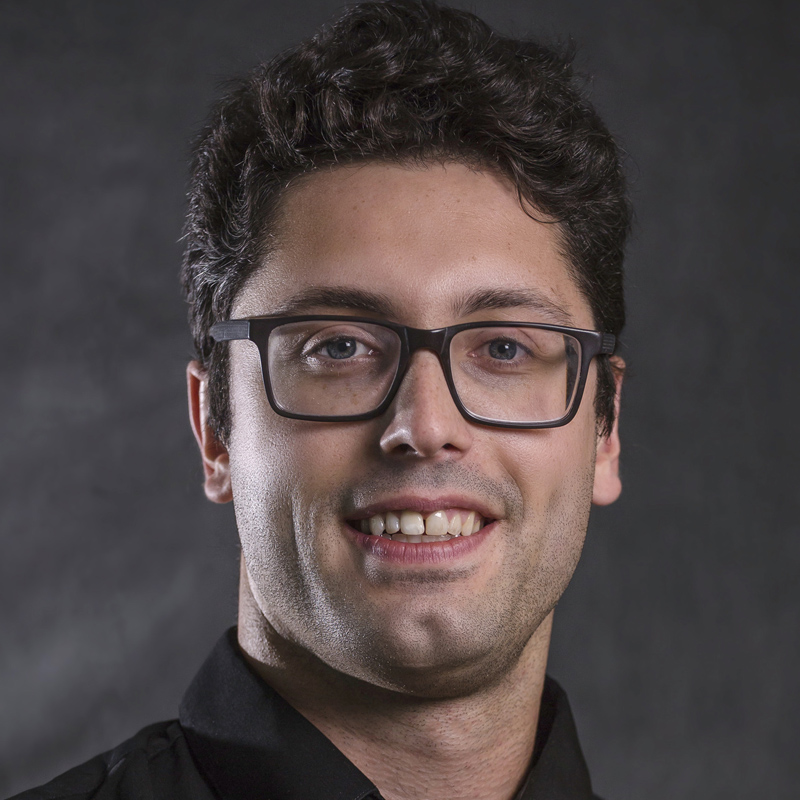
Dr. Nathan Williams
Dr. Nathan Williams, assistant professor of mathematical sciences
Previously: visiting assistant professor of mathematics, University of California, Santa Barbara
Research interests: algebraic combinatorics arising within reflection groups, geometric group theory and representation theory
Quote: “Some objects in mathematics — such as Lie groups or Lie algebras — show up again and again in different fields. I study the structural and combinatorial properties of those objects. An unexpected practical application of my work is an algorithm for scheduling prioritized daily tasks, similar to the Gale-Shapley stable marriage algorithm used to match new medical school graduates to residency programs. One of the things I love most about mathematics is the ability of a short proof to teach you something new and wonderful — just a few lines can completely change your understanding of the world. I'm delighted to have the opportunity to join the faculty at UT Dallas — it’s very attractive to be in a place that’s young and growing.”
New Faculty Series
News Center is publishing profiles of tenured and tenure-track professors who have recently joined the University. The following school profiles have been published: